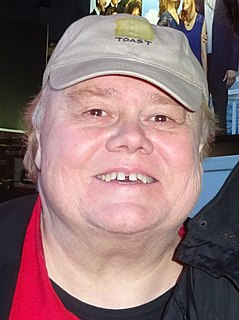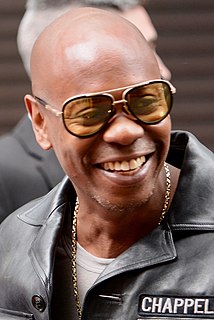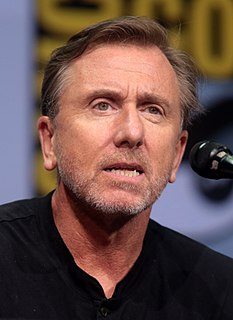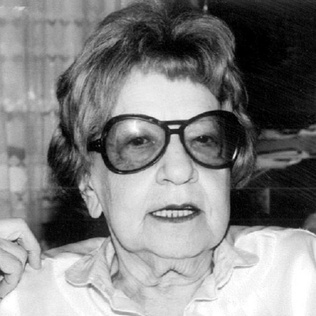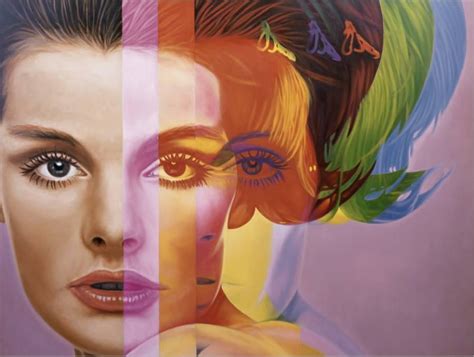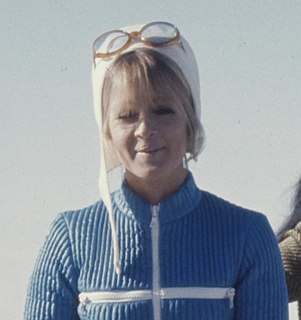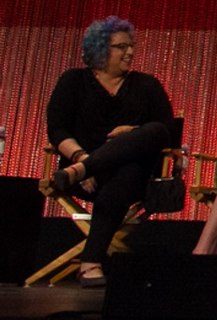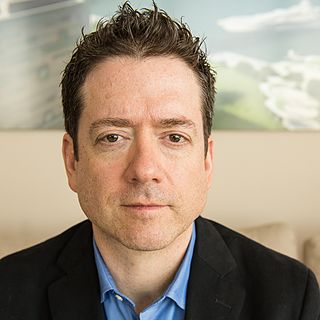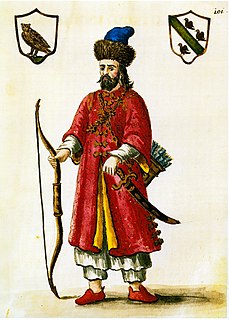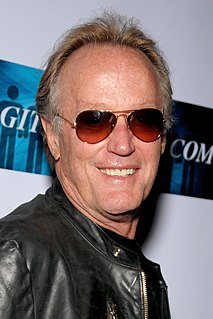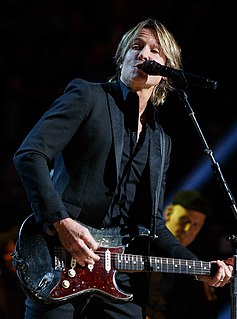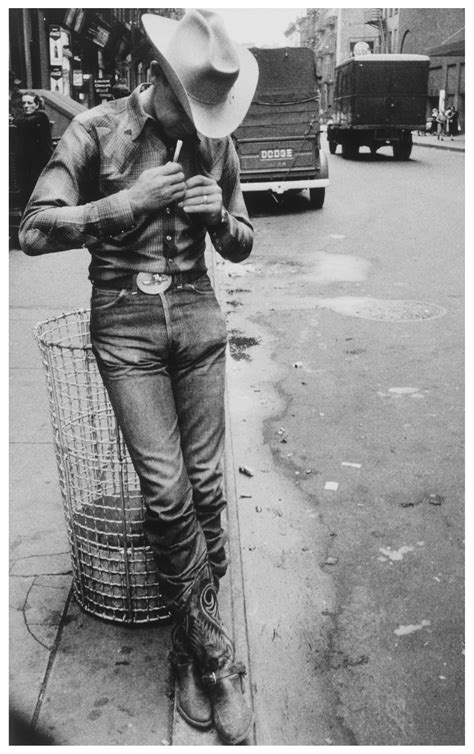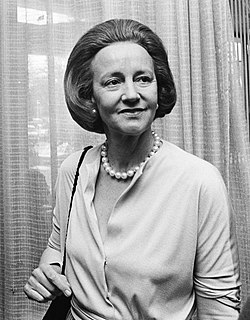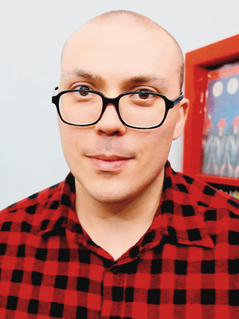Top 1200 Merchant Of Venice Famous Quotes & Sayings - Page 12
Explore popular Merchant Of Venice Famous quotes.
Last updated on December 12, 2024.
When 'Mortal Kombat' came out, I was living in an apartment in the Venice Canals in L.A. I didn't get paid a huge amount of money, so I had a nice apartment, but I couldn't afford to have it furnished. It was kind of like Robert De Niro's apartment in 'Heat': It looked like I was ready to walk away from it in ten seconds, because there was nothing.
We could not help being struck by the seeming, though innocent, indifference of Nature to these men's necessities, while elsewhereshe was equally serving others. Like a true benefactress, the secret of her service is unchangeableness. Thus is the busiest merchant, though within sight of his Lowell, put to pilgrim's shifts, and soon comes to staff and scrip and scallop-shell.
A good part of why I never went back to England was part of that, I didn't want to be in those sort of flowery films. But I think it's a nice change of pace-I don't know how long it'll go for. There will always be the Merchant-Ivory/Kenneth Branagh movies, but there's something else now-really, it's always been there but the Americans getting to see it makes all the difference.
I need to be famous so I can talk about religion. I can talk about God. It's an expensive price that I have to pay to be the most famous man on earth and I do it with pleasure only for God. My fight is only and introduction to the real fight, the one for God. Fighting by itself doesn't interest me anymore. I want to help people, the black people and I need any kind of media to spread my thought: God, charity, peace.
If any friend desire thee to be his surety, give him a part of what thou hast to spare; if he press thee further, he is not thy friend at all, for friendship rather chooseth harm to itself than offereth it. If thou be bound for a stranger, thou art a fool; if for a merchant, thou puttest thy estate to learn to swim.
By multiplying the means of gratification, by promoting the introduction and circulation of the precious metals, those darling objects of human avarice and enterprise, it serves to vivify and invigorate the channels of industry, and to make them flow with greater activity and copiousness. The assiduous merchant, the laborious husbandman, the active mechanic, and the industrious manufacturer,-all orders of men, look forward with eager expectation and growing alacrity to this pleasing reward of their toils.
Every painter must traverse for himself that distance from Paris to Aix (where Paul Cézanne worked a lot, fh) or from Venice to Toledo (where El Greco painted a lot, fh). Expression is for one knowing its own pivot. Every expressor relates solely to himself - that is the concern of the individualist.
I am a Christian according to my conscience in belief,in purpose and wish;Mnot of course by the orthodox standard. But I am content, and have a feeling of trust and safety.
The Machiavellian mind and the merchant mind are at one in their simple faith in the power of segmental division to rule all--in the dichotomy of power and morals and of money and morals.
There is no art or science that is too difficult for industry to attain to; it is the gift of tongues, and makes a man understood and valued in all countries, and by all nations; it is the philosopher's stone, that turns all metals, and even stones, into gold, and suffers not want to break into its dwelling; it is the northwest passage, that brings the merchant's ships as soon to him as he can desire: in a word, it conquers all enemies, and makes fortune itself pay contribution.
Solely in the world of languages is the amateur of value. Well-intentioned sentences full of mistakes can still build bridges between people. Asking in broken Italian which train we are supposed to board at the Venice railway station is far from useless. Indeed, it is better to do that than to remain uncertain and silent and end up back in Budapest rather than in Milan.
The act is in itself a lie. You're faking something. The girl is lying there, she's pretending that she doesn't know the camera's on, she's getting banged, and "accidentally" it leaks out? Everyone leaks their own sex tapes! That's a ploy to get famous - that's not about the sex. It's not like when Madonna did her Sex book, and it was an artistic endeavor where she acknowledged it and spoke about it and was so upfront about it. It's different. It's not upfront. It's not honest. It's a ploy to get famous.
I think people's perception is that when you're famous, you want people to love you. That's a big part of why people become famous, because they don't just want love, they want it on a grand scale. But once you realize - and it's not a big trick to really figure it out - that it's just completely artificial, an external pumping of the ego that's never going to really help you, then it's an easy thing to step out of it. That's probably why Harrison Ford lives in Jackson Hole, Wyoming.
There were two practical reasons we moved to Venice. One was that there was an artists movement and a countercultural movement. Lots of people we might want to hire lived in the area. We also wanted to buy in a lower rent area that looked like it was going to be gentrified so that we could eventually sell the studio for more money.
The building I most admire is the Doges Palace in Venice, both by day and by night. Looking at it from the lagoon, it resembles a floating kilim carpet. I love all the bridges which connect houses, people, gardens and palaces. I also love moats to isolate yourself. A ha-ha for secrecy, as in every English country garden.
Aphros nodded, a glint of pride in his eyes. “We have trained all the famous mer-heroes! Name a famous mer-hero, and we have trained him or her!” “Oh, sure,” Leo said. “Like…um, the Little Mermaid?” Aphros frowned. “Who? No! Like Triton, Glaucus, Weissmuller, and Bill!” “Oh. ”Leo had no idea who any of those people were. “You trained Bill? Impressive.
It turns out that CVS is one of about 40 merchants in a consortium that formed in 2011 to develop their own mobile-phone-based payment system. The consortium, called the Merchant Customer Exchange, or MCX, is in large part all about eliminating, or at least reducing, the fees banks charge retailers for swiping credit cards.
When I was in N.W.A. and didn't get paid all the money I was owed, that's when the business side of showbiz hit me. I thought, "Half of this is workin'. I'm famous, but now I need to be famous with some money." That got my brain started at trying to figure out the business end. And once I figured out the business side, I next came to understand that success really comes down to the product, not to me, my personality, or what club I'm seen going into or coming out of. None of that matters.
When I got out of college in 1991, I had four jobs in four different parts of L.A. There was I Love Juicy, a smoothie bar in Venice, and the Videotheque on Sunset Boulevard, across from the old Tower Records. I was also an intern at the 'Los Angeles Reader' in the Miracle Mile and at 'High Performance' magazine downtown.
In the beginning we were creating our music, ourselves, every night . . . starting with a few outlines, maybe a few words for a song. Sometimes we worked out in Venice, looking at the surf. We were together a lot and it was good times for all of us. Acid, sun, friends, the ocean, and poetry and music.
It is too narrow an understanding of production which confines it merely to the making of things. Production includes not merely the making of things, but the bringing of them to the consumer. The merchant or storekeeper is thus as truly a producer as is the manufacturer, or farmer, and his stock or capital is as much devoted to production as is theirs.
With Bitcoin, every transaction is publicly verified, so many risks are eliminated, including chargeback fraud or 'friendly fraud.' This is when a customer purchases something online with a credit card; waits to receive the goods or service, then requests a chargeback refund. The bank then forcibly takes the funds out of the merchant's account.
That's how I am and how I've always looked at the world. I understood what the pavilions were before I came to Venice, and I knew that wasn't going to be enough for me. I wanted to extend this conversation into something I call urgency. There is urgency with people in crisis. Some communities - often the black community - just live in this urgency.
New England is a finished place. Its destiny is that of Florence or Venice, not Milan while the American empire careens onward toward its unpredicted end. . . . It is the first American section to be finished to achieve stability in the conditions of its life. It is the first old civilization, the first permanent civilization in America.
The first seastead happened fifteen centuries ago. The result was the most beautiful city in the world, Venice. People who were sick of their violent governments fled to the water, where they built civilization on stilts. That startup society - a free city-state on the water - became so successful it dominated the Mediterranean for a thousand years.
In the city of flesh I travel without maps, a worried tourist: and Ottilie was a very Venice. I stumbled lost in the blue shade of her pavements. Here was a dreamy stillness, a swaying, the splash of an oar. Then, when I least expected it, suddenly I stepped out into the great square, the sunlight, and she was a flock of birds scattering with soft cries in my arms.
I do think hubris played a role here as well, the belief that the Lusitania was too big and too fast to ever be caught by any submarine, and that, in any case, no U-boat commander would think to attack the ship because to do so would violate the long-held rules governing naval warfare against merchant shipping.
Decade after decade, artists came to paint the light of Provincetown, and comparisons were made to the lagoons of Venice and the marshes of Holland, but then the summer ended and most of the painters left, and the long dingy undergarment of the gray New England winter, gray as the spirit of my mood, came down to visit.
We survived for hundreds of years under the old banking structure. You'd have clearing banks, then merchant banks doing the racy stuff, and then building societies where you'd join a waiting list for a mortgage. But then banks started buying stockbrokers, doing mortgages, and you ended up with these big banking groups doing everything.
I believe it was God's will that we should come back, so that men might know the things that are in the world, since, as we have said in the first chapter of this book, no other man, Christian or Saracen, Mongol or pagan, has explored so much of the world as Messer Marco, son of Messer Niccolo Polo, great and noble citizen of the city of Venice.
I think everybody has different priorities in their life. People live their lives differently. People become famous through all sorts of different reasons... some of it through art and some of it through just wanting to be famous. And I think how that all starts tends to reflect how you live your life daily.
To maintain the harmony of authority and obedience, to chastise the proud, to protect the weak, to reward the deserving, to banish vice and idleness from his dominions, to secure the traveller and merchant, to restrain the depredations of the soldier, to cherish the labors of the husbandman, to encourage industry and learning, and, by an equal and moderate assessment, to increase the revenue, without increasing the taxes, are indeed the duties of a prince . . .
Commercial roadways in communities that lack zoning laws, for example, are often an aesthetic nightmare not because of insufficient competition, and not because merchants are stupid or lack taste. Rather, the problem is that any individual merchant's sign won't be noticed unless it's bigger and more garish than those of rival merchants.
In the infancy of civilization, when our island was as savage as New Guinea, when letters and arts were still unknown to Athens, when scarcely a thatched roofed hut stood on what was later the site of Rome, this contemned people had their fenced cities and cedar palaces, their splendid Temple, their fleets of merchant ships, their schools of sacred learning, their great statesmen and soldiers, their natural philosophers, their historians and their poets.
It has been my fortune to love in general those men most who have thought most differently from me, on subjects wherein others pardon no discordance. I think I have no more right to be angry with a man, whose reason has followed up a process different from what mine has, and is satisfied with the result, than with one who has gone to Venice while I am at Siena, and who writes to me that he likes the place.
I like to think that people can see that and appreciate that idea and then, by some mechanism of wearing the fragrance, sort of carry that idea with them in their own life. Whether it's a weekend in Louisiana or in New York City or in Venice, Italy, or wherever they may be. I think there's something kind of fascinating and powerful about that.
In the '80s, the world I was living in wasn't this world of consumption. There wasn't that much to buy, really. Actually I'm still struck by that. There's not an awful lot of stuff I want. Somebody quotes Diogenes, who's walking around saying, "How many things there are in the marketplace of which Diogenes has no need." I always feel that. Except of course when you're living in Venice, California and you see all these lovely houses!
For more than eight decades, Washington has been my hometown. ... It is a city that offers me more people -- more different kinds of people -- than I could otherwise possibly have come to know in a lifetime: the native Washingtonian, the local merchant, the foreign diplomat, the ever-present tourist, the public servant, the journalist, the president, the friend.
Until the end of the Middle Ages, and in many cases afterwards too, in order to obtain initiation in a trade of any sort whatever--whether that of courtier, soldier, administrator, merchant or workman--a boy did not amass the knowledge necessary to ply that trade before entering it, but threw himself into it; he then acquired the necessary knowledge.
Rent Control was an interesting movie. It was directed by... I had done a couple of plays off Broadway, and this Italian director came, his name was Gian Luigi Polidoro, and he determined I was the person to play the lead in his low-budget comedy. He'd won an award at the Venice Film Festival, and... He was, y'know, a skilled director.
Give me a dozen healthy infants, well-formed, and my own specified world to bring them up and I'll guarantee to take any one at random and train him to become any type of specialist I might select-doctor, lawyer, merchant-chief, and yes, even beggar man and thief, regardless of his talents, penchants, tendencies, abilities, vocations, and race of his ancestors.
When we are young we do not look into mirrors. It is when we are old, concerned with our name, our legend, what our lives will mean to the future. We become vain with the names we own, our claims to have been the first eyes, the strongest army, the cleverest merchant. It is when he is old that Narcissus wants a graven image of himself.
The farmer after sacrificing pleasure, taste, freedom, thought, love, to his work, turns out often a bankrupt, like the merchant.This result might well seem astounding. All this drudgery, from cockcrowing to starlight, for all these years, to end in mortgages and the auctioneer's flag, and removing from bad to worse. It is time to have the thing looked into, and with a sifting criticism ascertained who is the fool.
We sometimes fear to bring our troubles to God, because they must seem small to Him who sitteth on the circle of the earth. But if they are large enough to vex and endanger our welfare, they are large enough to touch His heart of love. For love does not measure by a merchant's scales, not with a surveyor's chain. It hath a delicacy... unknown in any handling of material substance.
Sundance [festival] is all your Hollywood buds and buddies and rolling out and high-fiving and "Hell, yeah. Here comes the movie," and in Venice, it's very elegant, and respectful...It's decadence. It's such a fun way to formalize a movie that is for us a down-and-dirty, gritty movie. And to see it with the red carpet, and rolling up in a Maserati.
